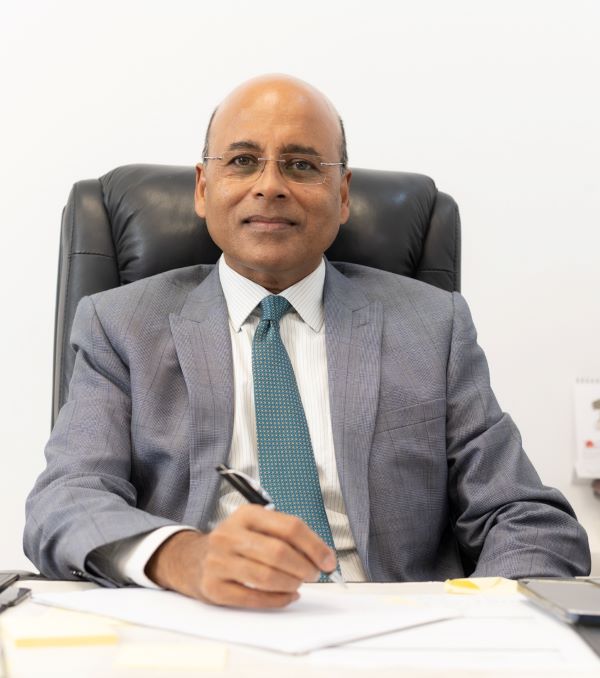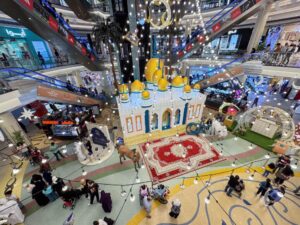
Forex (foreign exchange) markets have existed for centuries, even before the emergence of the modern monetary system. Forex refers to the conversion of one currency into another at a set rate for a variety of reasons, including commerce, trading, or tourism. In the GCC region, forex markets gained traction only after the 2008 global financial crisis, when investors recognised the profitability and flexibility of the asset class.
The forex market is highly expansive with significant participation from major institutions, investment banks, commercial banks, and retail investors from across the globe. Being the biggest market in the world, far larger than the stock market or any others, it has drawn the interest of both beginners and experts.
Given their high liquidity and flexibility, forex currencies can be regarded as one of the most stable assets to manage, when it comes to trading or investing. Strong liquidity also signifies that the market can offer investors low transaction costs, especially for beginners, making it an ideal space to launch one’s trading career.
Apart from being more dynamic and inclusive than other markets, the forex market comes with several other benefits, which give it an edge over other investment products. The market’s 24/7 schedule also makes it a practical choice, especially for those with regular jobs, to engage in as a part-time activity.
In the Middle East, where property investments and traditional trading of gold dominated the market, forex trading has emerged as one of the most preferred investment options, especially after the global financial crisis. The rapid growth of the forex market in the Middle East is also reinforced by the strategic location of the region, between Asia and Europe. Likewise, with the UAE’s robust economy and increasing population, the country has witnessed a strong rise in forex transactions in the past years. Today, UAE is at the forefront of the region’s booming forex market with extensive transactional flows.
The Middle East foreign exchange has evolved in the past decade, owing to the growing investors’ appetite. Given that the region is a late adopter of the forex as an asset class, the industry’s growth is significant, especially as it entered the economy and opened the wide investment window at a time when investors preferred the real estate and equities to hedge their global investments.
It is clear that forex trading is here to stay, and it is rapidly expanding over time. Since the nature of the industry does not accommodate stubborn traders, people who educate themselves in this domain and continually adapt to the trends have high chances of success. The forex market, like any other market, is also driven by inconsistent patterns or cycles that might fade away as soon as they are identified. Thus, one can develop a perfect trading acumen and may create wealth by keeping a close eye on the shifting market trends and strategies.












